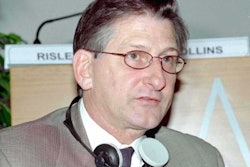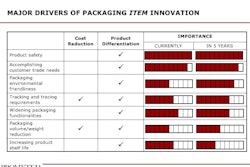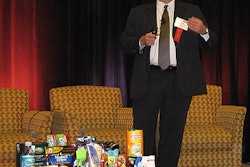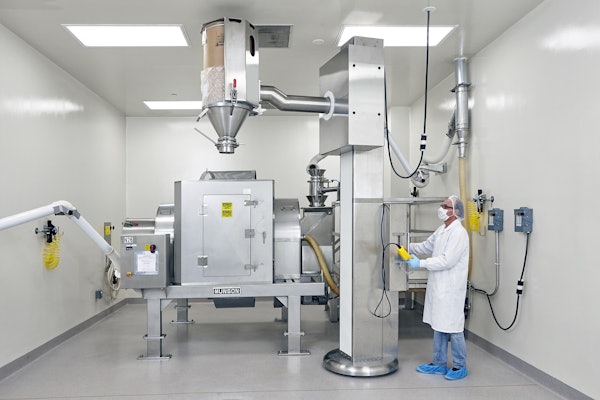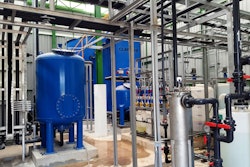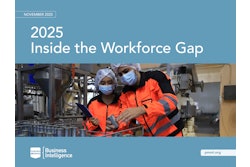Currently, “pure” can only be used if it refers to a particular ingredient in the distilled spirit and is a true representation about the ingredient; if it is part of the bona fide name of the company holding the permit to produce the spirits or the retailer for whom it is being bottled; or is part of the bona fide name of the permit holder who bottled the spirits. These restrictions do not apply to beer and wine.
TTB wants to know:
• What the term “pure” means to consumers;
• If the regulations should cover variants of the word pure such as purist or purity or just “pure;”
• If use of terms or claims like “pure whiskey” would mislead consumers;
• If similar terms on wine or malt beverages would mislead consumers;
• How “pure” should be defined and how TTB could substantiate the claims;
• If “pure” should be allowed on distilled spirits labels if a standard is met and what that standard should be;
• If “pure” and its variants should be prohibited on labels of wine and malt beverages.



